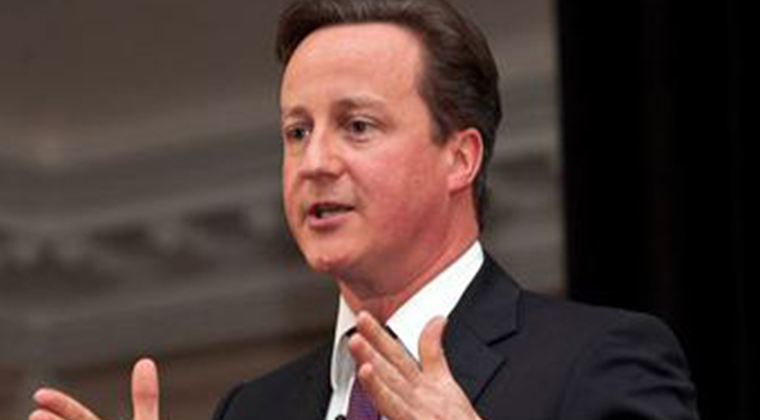Home > Dementia Awareness Week 20-26 May: News Update

We attended the launch of the Prime Minister’s Challenge on Dementia and contacted David Cameron after the event to urge him to take account of the non-Alzheimer’s dementias, with an explanation about DLB and the work of the Society. At the end of May, we will take part in the South of England Prime Minister’s Dementia Challenge Conference and the Dementia Action Alliance meeting devoted to the Prime Minister’s Challenge. What we find out will enable the Society to take advantage of the current spotlight on dementia to highlight the needs of people with DLB and PDD.
Lewy Body Society is working with the James Lind Alliance to ensure that future research on dementia addresses the most important issues for those affected. Medical research is often driven by pharmaceutical companies, so this project aims to ensure that people with dementia, their carers and health and social care staff who support them have an opportunity to set the research agenda. It is important that all types of dementia are included, so we encourage everyone with an interest in Lewy Body Dementias (Dementia with Lewy Bodies and Parkinson’s Disease Dementia) to take part. To have your say, please take part in a short survey. The closing date for the survey is 30 June, but why not do it to mark Dementia Awareness Week?
We have funded two exciting pieces of research : Dr Tilo Kunath at the Medical Research Council Centre for Regenerative Medicine in Edinburgh will be using nerve cells made from stem cells to develop a system that, if successful, would make possible rapid, high-volume screening of potential treatment agents for Dementia with Lewy Bodies (DLB). The second project is based with a genetics group at University College London headed by leading researcher in the genetics of neurodegeneration, Professor John Hardy. The group will use a grant of £35,000 to analyse the DNA of 700 people with DLB in order to try to find genetic changes that are involved in the condition.
The Lewy Body Society telephone service have been answering an average of 10-15 calls a month. The calls, which are usually referred to an experienced nurse advisor, are often complex, dealing with medical issues and helping callers (usually family carers) to make plans to be as prepared as possible as the condition advances.
Our partnership with Parkinson’s UK is now extending into new areas as our joint project worker, Cecilia Yardley, who started in February, builds links within the charity. From the autumn, Parkinson’s UK’s Information and Support Workers will have training in Lewy Body Dementias to extend and enhance the one-to-one information and emotional support they give. At any one time, one in three people with Parkinson’s has dementia (with Lewy Body type dementia predominating) and as people with Parkinson’s live longer they have a greater risk of developing dementia. Cecilia is working with national charity, Dementia UK, to develop the content of the course, based on the practical issues that affect people with Lewy Body Dementias and their carers.
In April, we put in a joint response with Parkinson’s UK to the National Institute of Health and Clinical Excellence (NICE) call for issues to include in the consultation later this year on the Social Care Quality Standard for Care of People with Dementia. We drew attention to the specific needs of people with Lewy Body Dementias, especially the need to diagnose the condition accurately, without delay; we highlighted the particular sensitivity to neuroleptic drugs and called for a focus of attention on the information and welfare needs of people affected by Dementia with Lewy Bodies (DLB) and Parkinson’s Disease Dementia (PDD). In the autumn, we will respond to the full consultation on the new NICE care standard and will need to hear from people affected by DLB and PDD, so will be contacting people who have been in touch with the Society.
To receive regular news updates, resources, events and breakthroughs in the fight against Lewy body dementia please enter your email address….
We will only contact you in relation to latest news & updates that we think will be of interest to you. We will not disclose your information to any third party and you can unsubscribe from our database at any time.
© 2023 The Lewy body Society. Registered Charity No: 1114579 (England and Wales) and SC047044 (Scotland). Website by ATTAIN